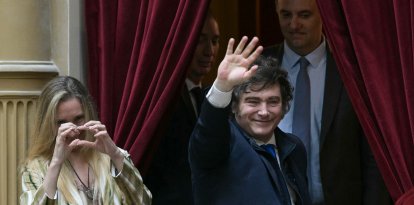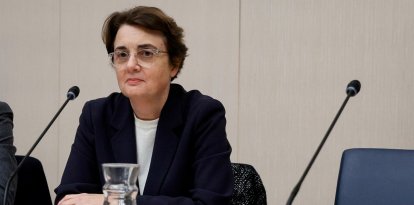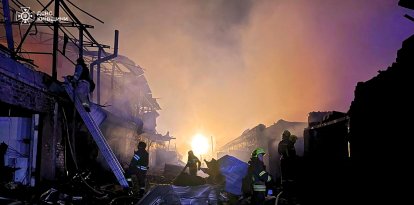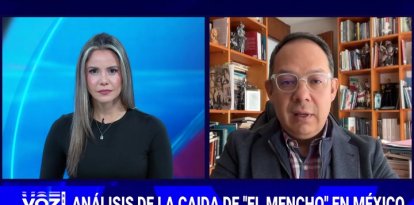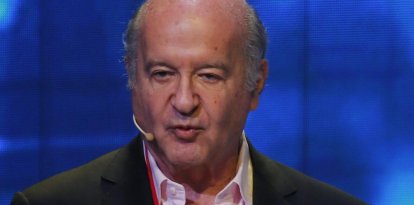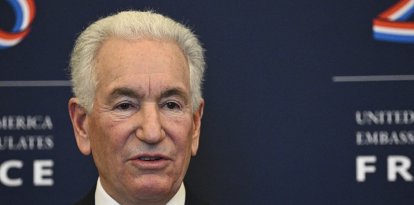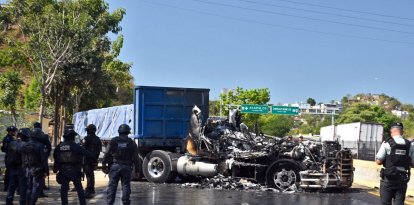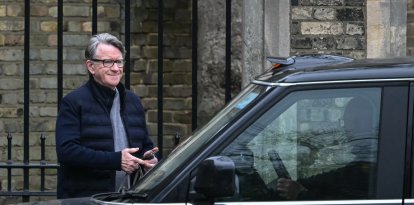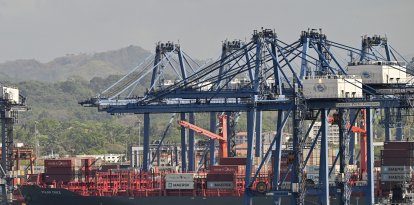IACHR rules that the Cuban government was responsible for the death of Oswaldo Payá
According to the Inter-American Commission on Human Rights, members of the communist regime caused the accident that cost the Cuban opposition leader his life.
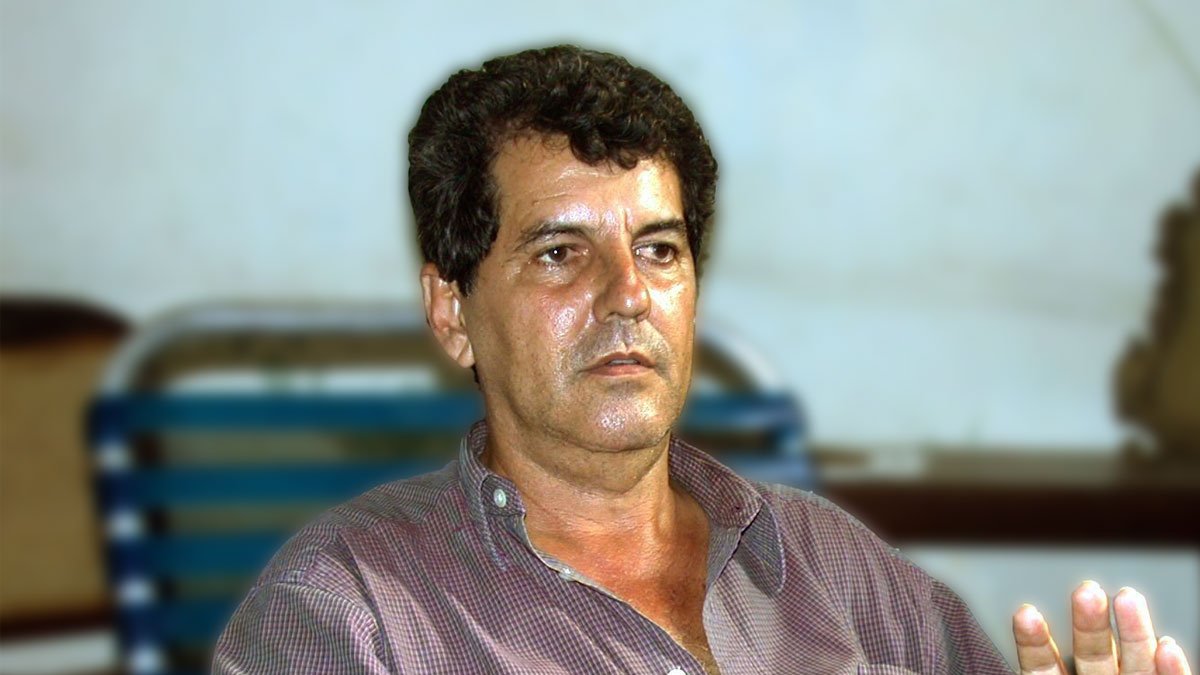
(CordonPress)
Since April 1961, with the Bay of Pigs invasion attempt, nothing and no one had ever put the Cuban communist regime in such a difficult situation as Oswaldo Payá Sardiñas, leader of the Christian Liberation Movement and creator of the Varela Project in 1998. It was an initiative that bore the name of the Cuban abolitionist and pro-independence clergyman of the first half of the 19th century, Félix Varela, who used a legal loophole left by the 1992 Cuban Constitution to change the form of government and state.
According to the law, 10,000 signatures in support of a policy proposal were needed for the National Assembly to have to consider it. Oswaldo Payá managed to collect 11,200 signatures and presented his petition, but that's where the problems began. After several legal tricks, the communist dictatorship ignored the request. But the movement was increasingly popular both in and outside of Cuba, so much so that it forced Fidel Castro himself to change the Constitution and introduce an amendment declaring socialism (actually the communist dictatorship) "irrevocable" on the island.
But Oswaldo Payá Sardiñas had become a political leader. He was democratic, a pacifist, charismatic and dangerous for the regime. Born in Havana in 1952, he was awarded the Sakharov Prize for Human Rights by the European Parliament in 2002 and was a candidate for the Noble Peace Prize on several occasions and honorary vice-president of the Centrist Democrat International. His trajectory was cut short by the Cuban government in Bayamo, in the east of the island, on July 22, 2012. As the investigation by the Inter-American Commission on Human Rights (IACHR) now concludes, there is "serious and sufficient evidence to conclude that state agents were involved in the death of Payá and Cepero."
The IACHR recommends that Cuba adopt "measures of economic compensation and satisfaction" for the victims of the human rights violations committed in this case, i.e. the families of Payá and Cepero; and Ángel Carromero. The only survivor of the accident was a member of the Popular Party of Spain and was the driver of the car.
Carromero's eyewitness statements agree in affirming that "it was not a traffic accident, but that another car was involved in the collision." The IACHR identified "multiple irregularities and omissions in the investigation followed [by the authorities]," and verified that threats made against Carromero provoked him to confess that he was solely responsible for the accident. Carromero was once blamed by the Cuban government and convicted of "vehicular homicide." The car they were in lost control and crashed into a tree. Carromero always maintained, when he was able to speak freely, that another car rammed them from behind, he lost control of his vehicle and they hit a tree.
"The Cuban State is responsible for the assassination of my father, Oswaldo Payá, and Harold Cepero. Nothing can compensate us, but now we are closer to the justice that will come for all Cubans when your dream of freedom is fulfilled, Dad," said Rosa María Payá, opposition leader and founder of Cuba Decides.















